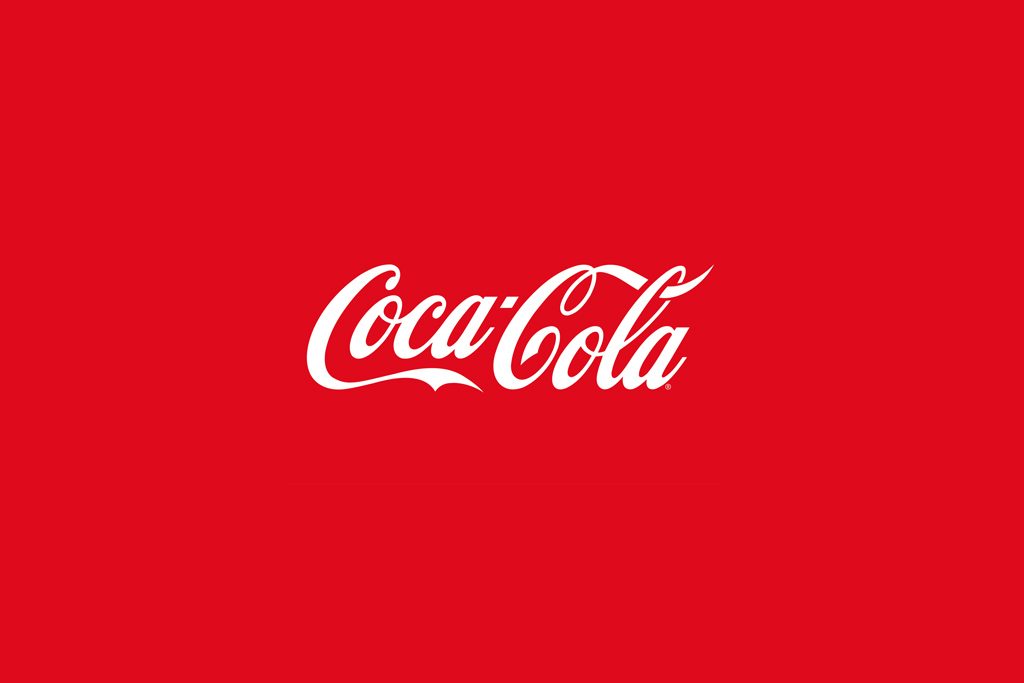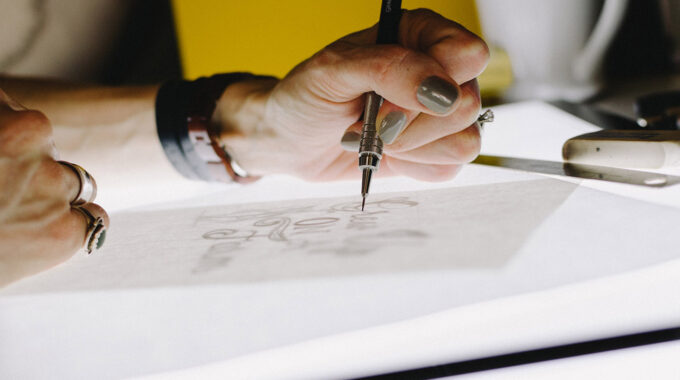7 Rules to Follow While Designing Your Company Logo

If you are reading this, chances are bright that you already know the importance of a logo for any brand.
So, without venturing into a series of hackneyed sayings, I’ll instead talk about how as a brand owner, you can design, or get designed, a company logo which is true to the essence of your brand and at the same time a specimen of functional graphic design. Here go some tips:
Know what you want to communicate

Before I get down start designing a logo I spend a good amount of time thinking about the identity that my client wants to present the consumer with.
This requires me to ask the right questions during briefings and draft presentations. About the brand history, the product line, and the company ideology.
So, before you sit down and put all those amazing ideas to work, take time to strategize. Get a clear idea of what you want to communicate as a brand.
Research the market

Whatever product or service you have on offer, you know how competitive the market is.
And that’s why you need to keep an eye on it.
You should to know the current design trends in your niche industry, and things like “What kind of images are the designers promoting?” “What messages are being communicated?”.
Get Creative

After you have well understood your brand and its possible place in the market, now the time has come to get your creative toolbox out.
Uniqueness and cleverness are the two values that the clients cherish. But while these are important, you should not prioritise them by sacrificing simplicity.
Many times in my career, I have ended up rejecting ingenious but impractical designs. Designs that didn’t communicate the brand. The cliche “think different” should be heeded to, but within the bounds of practicality.
Make the decision between type only and abstract symbols

This is not a matter of personal preference or aesthetic appeal. There is a lot of grey area here and you should take into account practicality of either choice.
Personally, before going in favour of a either form, I take into account how popular the brand is in its niche, and its novelty (or unfamiliarity).
Prior knowledge of the brand affects how easily recognisable the symbol will be and whether it will register in consumers’ memory.
Make the type a part of the brand

All the great company logos make use of custom font faces- Coca-cola or IBM, for example.
When making a type-heavy logo, I try to design the font from scratch. The typeface I end up with in not just custom, but I try to give it a feel of the brand identity.
Look at the CNN logo for example, the typeface and the way it flows gives a sense of cables or wires.
These kinds of subtle associations with the brand help make the logo easy to grasp and possibly, timeless. Here too, simplicity shouldn’t be given a cold shoulder.
Don’t go for the cliched symbols
Say that your company sells apples. Your logo has got to have apple(s) in it, right? If you think in the affirmative, I would suggest otherwise.
This sounds intuitive, but intuitive isn’t always good while designing logos. And I am willing to bet that more than 90 percent of the logos for apple related businesses will have some form of apple in them.
Now, that 90 percent is not a good place to be if you want your brand to stand out. If you want to be in the 10 percent, you want new symbol references.
If technology companies can successfully brand apples and raspberries as their logos, a company which sells apples can safely, and successfully, use a logo sans apples.
Don’t forget what a Company logo is
Finally, always remember that a Company logo is one of the ingredients of branding, a major one, but still only an ingredient. Once you have a good logo, you should start looking at other aspects of branding.
Here at The Design Love, whether you go for a pre-designed logo, or a custom one, you can be assured that the logo will be suited to your branding needs.
While designing each logo, I use my experience in the logo design industry to make sure that your brand’s identity gets communicated while it stands out in the market.
Image – Pixabay







